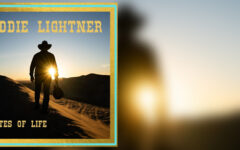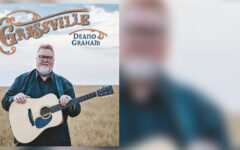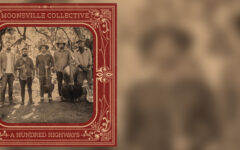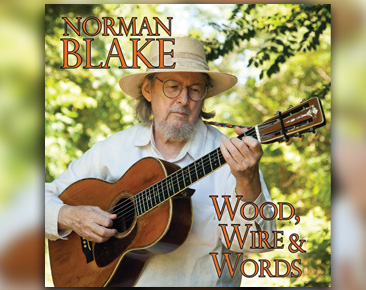
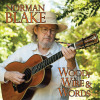 Norman Blake is the Zelig of roots music, popping up at key moments over the decades, just like the title character in the Woody Allen film.
Norman Blake is the Zelig of roots music, popping up at key moments over the decades, just like the title character in the Woody Allen film.
He played guitar on pivotal recordings by Johnny Cash and Bob Dylan, teamed up with John Hartford on Aereo-Plain and can be heard on the soundtrack of O Brother, Where Art Thou? and on the Will the Circle Be Unbroken projects spearheaded by the Nitty Gritty Dirt Band.
But to me, Blake has always been at his best singing story songs in his rusty, folksy voice, accompanied by his stylish but not polished-to-death guitar picking. Hard to believe, but it’s been 30 years since Blake offered up a collection of original songs. Let me tell you, though, Wood, Wire & Words was worth the wait.
The 12 songs on this Plectrafone Records CD are vintage Blake – a few rags mixed in with stories about crooks and ordinary folks, most of them leading hard lives in a long-ago era. Blake does not have a beautiful voice, but that’s a good thing. A velvet-throated crooner couldn’t sell these tales the way Blake does.
Among the instrumentals, Blake’s Rag and the CD-ending Cloverdale Plantation March are clear favorites. The colorful bass runs on Blake’s Rag give the tune a fuller sound than one would expect from a one-man band. The same is true for the march. Some day, a talented bluegrass band will create a fully orchestrated version of this song – banjo, mandolin, dobro and the rest – and it will be special. But the best pickers around will be hard-pressed to give the march more oomph than Blake alone provides here.
But I’m a sucker for story songs, so my favorite cuts on the CD have words to go along with the wood and the wire. The three best, to my ear, are The Keeper of the Government Light On the River, There’s a One-Way Road to Glory (with his wife, Nancy, joining for a lovely duet) and, the cream of the crop, Grady Forester’s Store and Cotton Gin.
This last song is Blake at his best, taking a simple tale of ordinary events and telling it in a mesmerizing way. There’s some tension – the poor, old dog gets run over by the ice truck – but the lyric is mostly a nostalgic nod to simpler times:
When gasoline was 19 cents a gallon
Cold drinks was two for a dime
Three cents would pay the fare on a letter anywhere
And the railroads, they always ran on time.
The song, the whole album, really, invites you to sit with a cup of coffee and daydream about the way things used to be. Wood, Wire & Words doesn’t offer an airbrushed view of the old days. There’s murder and booze and some underhandedness. But every story is told by a master. Enjoy.


